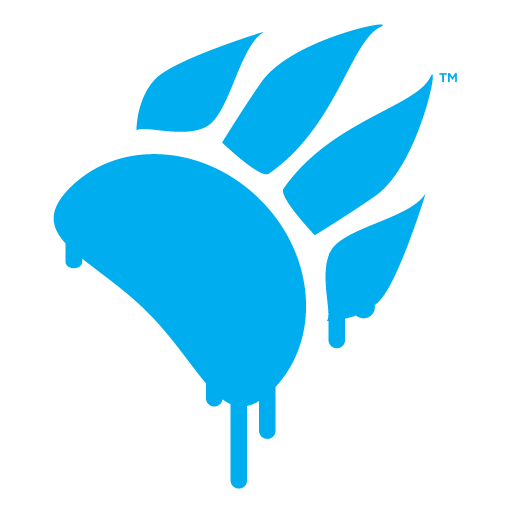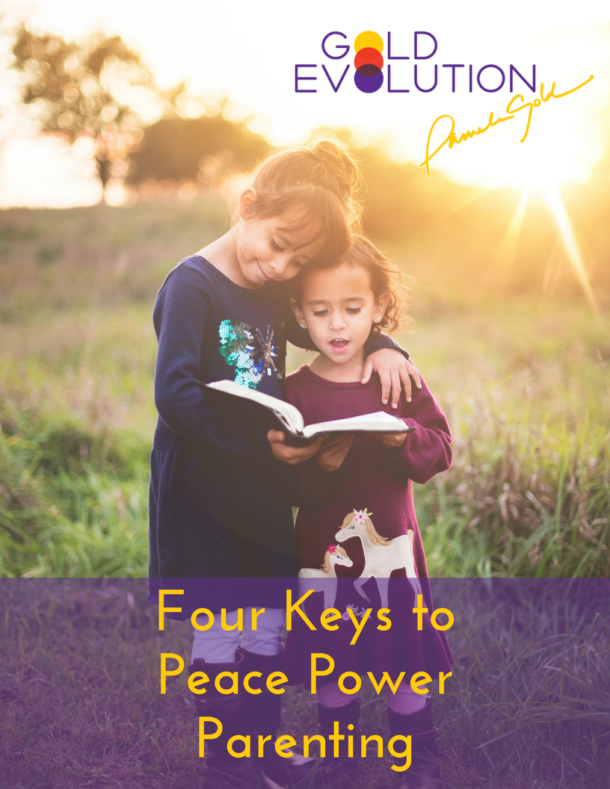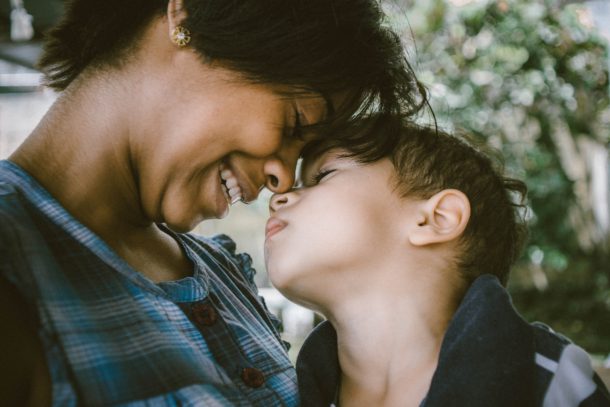Particularly when something painful happens, we desperately want to understand WHY and HOW.
It is a natural, vital, survival mechanism: we seek a reasonable, understandable CAUSE for the pain, so we can give ourselves a sense of security. If we can understand why and how this happened, we can take some action around not letting it happen again.
We touch a hot stove, we feel pain, we learn that the stove is hot and we won’t touch it again. Practically speaking, it is an essential human process.
There is now some “rule” we can file away in our brain to provide a way to feel less scared, less out of control, and stay safe. We do this without even being aware of it most of the time, and it is exactly what creates our subconscious (if not conscious) biases, big and small. It is a self protection measure that we all naturally have, and obviously in simple situations, it is awesome.
The problem is that most of our painful life situations are not nearly as simple as touching a hot stove.
Often we struggle to find a WHY and we get stuck. Or, we assign a false why that ends up causing a whole lot more problems down the road because it isn’t TRUE.
First, let’s talk about getting stuck on WHY.
Why did the shooter in Vegas do what he did? We probably will never know. If we could assign some possible motives or explanations, like un-diagnosed mental illness, radical ideology, gambling debts, something, we would feel better. We would feel like we could file it and move on in some way. But notice how stuck we get when we can’t find a why. News report after news report has been focused on trying to find a motive, suggesting many possibilities. Notice how uncomfortable it is when we can’t find something that can make sense.
Pause for a second: let’s just assume that there was some simple explanation for what happened in Vegas. Suppose something like, he had been rejected by a woman who loved country music and she was going to the show. We could look at that explanation and say to ourselves, well, I can see how that could happen and that isn’t likely going to happen again. I can go to concerts and feel relatively safe. OR, let’s change the scenario completely and say that this man was a radicalized terrorist of some sort, whether anti-government or ISIS or whatever — we could then deposit this knowledge as furtherance of the need to DO SOMETHING about terrorism. OR, we could look at a scenario where it was someone with a history of mental illness who had slipped through the cracks of the system, and say, we need to do something about our mental health care system. OR, we could look at a scenario where someone had just gone to a gun show the day before and been able to purchase an arsenal of guns and we would say, well obviously we need to do something to close that loophole.
If we could give some clear why and/or how, it would make it easier to move on from this tragedy.
Without any WHY, it is much harder. We are much more likely to get stuck. Again, this is a survival mechanism our brain has to try and keep us safe. Something painful happens? We need to have enough of a WHY or our brain will continue the loop trying to solve for the pain so we can avoid it in the future. It is how we have evolved to survive. “Learn” enough to avoid future danger. Without that WHY we keep looping it around in our head. Notice how this happens in our personal life just as often. We want to know WHY before we can move on.
But, if we can assign some sort of WHY that we can reasonably believe, we can move on. We feel like there was some sense to be made of it, on some level, even though that wouldn’t be deeply true.
I say it isn’t deeply true because our brain can never REALLY connect all the moving pieces that led up to someone making such a horrible choice — it isn’t ever as simple as we end up telling ourselves it is. This is the issue of assigning a false why.
It’s actually a false sense of being able to file it, which allows us to move on, which most of seem to do because, really, we don’t have a choice — we have to go on with our lives. But when we assign a false why we move on generally without any real healthy change or learning from it.
There are a few important points that we need to be aware of to be healthy and live our best lives.
1. Often there is no why that we can ever figure out or that even matters! Sometimes things just HAPPEN without any WHY.
2. Most of the things that cause us pain are not simple. They do not happen in a vacuum. It isn’t that we touched the stove and the stove is hot and next time, we won’t touch the stove. It simply isn’t anywhere near that simple — in fact, it is usually infinitely complex.
When someone snaps or makes a choice to be violent, obviously they are not healthy. No healthy person would harm another. The type of illness is nebulous though. What caused it? Was there one thing? Probably not. If you look at your own life you can always trace back emotional pain to an infinite prior cause — look at your childhood, your parent’s childhood, their parent’s childhood etc etc — you hopefully see what I am getting at. None of this is simple or has one cause. While our brain may *judge* that some point someone *should’ve* healed and stopped the cycle of dysfunction, there is always a reason why they didn’t, and our judging something as “should’ve” doesn’t make it true.
The WHY that we assign in these situations IS NEVER COMPLETELY, DEEPLY TRUE. There is always more to the story, and avoiding that truth is not of service. It leaves us more vulnerable than if we accepted that we really didn’t know the why in the first place. It is a false sense of security that doesn’t just leave us more vulnerable because we are inaccurately assessing the situation, it also equally harms those who we are inaccurately over blaming for whatever happened. This harm will come back to us, one way or another.
Being able to accept painful situations, deeply examine them and move on without assigning a false why will empower us to connect with the deeper learning from painful events. There are bigger issues that need to be addressed in our societies, and by connecting with the deeper learning, we will be able to work towards solutions to the deeper issues. If we can accept not ever really knowing WHY we will be able to pay attention to the facts that we need to pay attention to, not getting distracted and inflamed in ways that dilute our power.
In the case of the Vegas shooting, what I see is this: there will always be people who are ill and want to do harm to others. We will never be able to have enough social support to make sure people this dangerous are off of the streets, but we need to continue to improve all mental health services that we have to try and mitigate this sad reality. Limiting access to semi automatic guns, and having reasonable checks in place to red flag if someone is stockpiling guns, will not stop ALL instances of gun violence or violence in general, but it is a reasonable step to take to make it *less likely* or harder for someone to carry out a plan such as this. We need to be coming at things like this from all angles, knowing that there is no way that we can stamp out all violence, but doing as much as possible to limit them and at least learning from each horrible occurrence. Each has something to teach us, there is always an opportunity for things to be better, smarter, without over correcting and causing collateral damage in other directions.
In the case of all of the other acts of terrorism, what I see is that we are too quick to blame and inflame. Just because someone claims to identify with a radical ideology doesn’t mean that the radical ideology IS the problem — it is a SYMPTOM of a deeper problem. Keep looking deeper. Why would anyone ever want to hurt someone else? Because they are hurting. Why are they hurting and how can we help people that are hurting so that they do not feel the need to hurt others? How do we keep people who are hurting from hurting others? Those are the questions that I am asking. Whether it is radical ideology, racism, anti- ANYTHING — why are people hurting and how do we help those hurting WHILE limiting the possibility that they can hurt anyone? All at the same time, with equal importance and care.




